Computing and IT
Computers are incredibly fast, accurate, and stupid. Human beings are incredibly slow, inaccurate, and brilliant. Together they are powerful beyond imagination
Albert Einstein
At St George's students are taught both ICT and Computer Science courses during their time here:
1. ICT (Information and Communication Technology)
This focuses on the creative and productive use and application of technology and computer systems.
2. Computer Science
This is the study of the foundational principles and practices of computation and computational thinking and their application in the design and development of computer systems.
The two subjects overlap and are taught as a combined subject in Years 7, 8 and 9 and as two option subjects from Year 10 onwards.
Our aim is to help pupils think in a more logical way and become better at making decisions and problem solving.
Students learn about how different parts of a computer work together and why they work like that. In addition, we develop skills in programming systems and start to understand how computers communicate via networks.
We then look at how important Technology is in today’s society and the impact and issues that can arise from using computer systems and how to improve them.
ICT and Computing is fast developing in school and our aim is to offer pupils the opportunity to be involved in this by experiencing some elements of programming at KS3 so that they have a strong foundation for KS4 and KS5 if they wish to study it.
Our aim is to ensure that they develop ICT and problem solving capabilities that are directly transferable, not only to other subjects but also to the KS4 curriculum and beyond.
Want to find out more?
If you wish to find out more about Computer Science at St George’s please feel free to contact Mr. A Zubair at a.zubair@stgoerges.org











